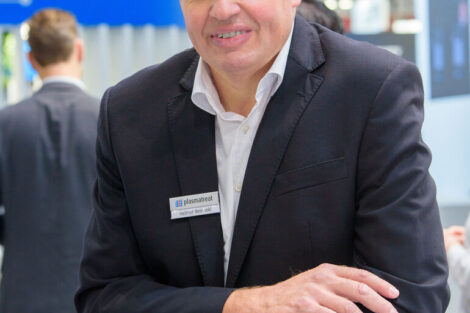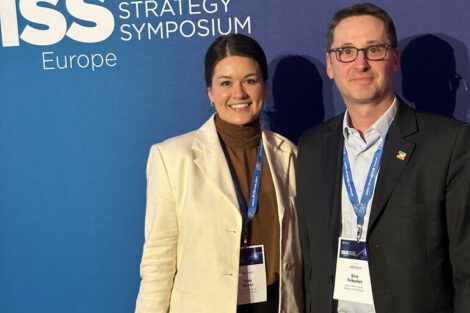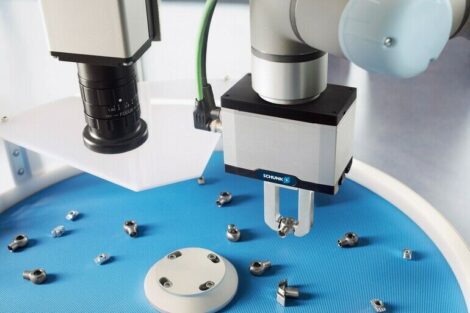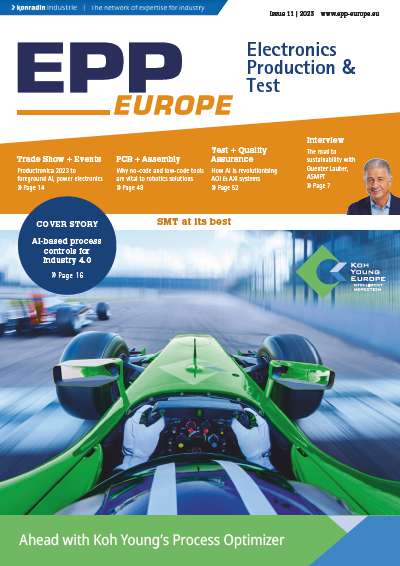Medea+, the pan-European industry and government-sponsored semiconductor R&D initiative established in 2001, and set up and labeled within the framework of 0EUREKA, is about halfway through its seven-year term. Time for a review and a strategic refocusing on the next goals with the intent to stimulate “system innovation for the e-economy”, as the organization’s credo says. Medea+ aims to foster European solutions in applications and technologies such as sub-100nm CMOS devices and extreme ultra-violet (EUV) lithography, building on forerunners such as JESSI. To that purpose, Medea+ aligns itself with the International Technology Roadmap for Semiconductors (ITRS), adding its own milestones in mixed-signal devices. Medea+ set up an Application Technology Roadmap (ATRM) in 2003. The annual budget is a hefty _500m – 70% of which is contributed by its 288 industrial partners and 30% by government funding from the 16 participating countries.
After the wrap-up of Medea+ Phase 1, which supported 54 R&D projects (14 of which are still running) dealing with innovative applications of silicon-based CMOS, in its Phase 2, Medea+ is set to tackle the longer-term challenges of semiconductor manufacturing. To that purpose, Medea+ will implement two new technology platforms. One is nanoelectronics (ENIAC) and the other embedded systems (ARTEMIS). Especially nanoelectronics is seen as a stepping-stone to European leadership, “helping Europe to achieve its long-term industrial and social goals”. Looking at a 2015-time horizon, there are to be European solutions for technology modules in systems-design automation, enabling follow-up technologies that go beyond the Moore paradigm of downscaling structural geometries as the main driver fro technical advances.
The new Medea+, Phase 2, focus will necessitate, as Medea+ chairman Arthur van der Poel indicates, “substantially higher investments in materials research to loosen the lock on silicon-based circuitry”. The first call for Phase-2 projects has yielded in 30 project outlines, of which 25 full proposals were requested and 24 are under evaluation for funding. Of those, 40% are from small and medium-sized enterprises (which make up thirds of all Medea+ project partners), 32% came form large firms, and 18% from universities. The majority of Medea+ partners are from France, Germany and the Netherlands.
Favored applications of Medea’s European solutions are seen in future public security systems, energy management, contactless ID systems, medical diagnostics and scalable mobile telematics as well as universal high-speed access to information and communication networks – where Europe has already built a leadership reputation for itself. A European advisory board on maskless lithography was recently launched, also a strategic resource, to provide guidance to the various ongoing maskless initiatives.
Werner Schulz
EPP EUROPE 405
Share:









